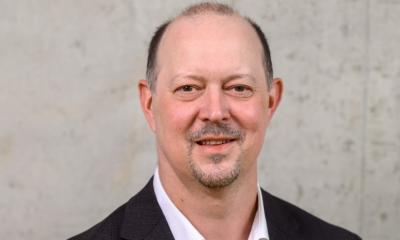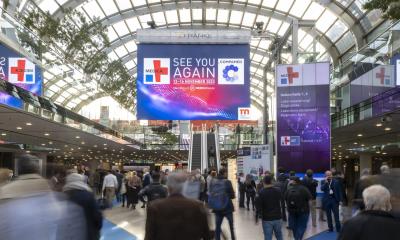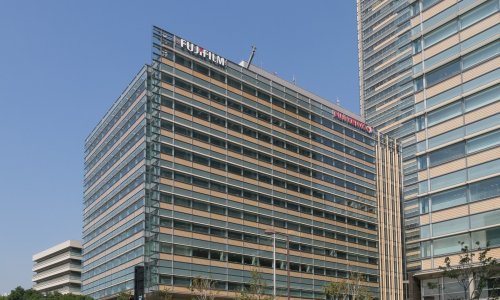Quality management
Quality management has been an integral part of the German healthcare sector for years. Doing without it is unimaginable, particularly in terms of increasing economical and competitive pressures on hospitals. Nonetheless, she asks: Does investments in quality management pay off?

Costs and benefits, the state-of-the-art and a glimpse into the future led discussions at the two-day National Quality Congress held in Berlin in November. Here, Bettina Döbereiner highlights quality management at the private funded hospital group Schüchtermann-Klinik, the University Hospital of Tübingen and the perspective of the management consultancy Unity AG.
Does the investment in quality management (QM) pay off one-to-one? Not really, said Michael Böckelmann, CEO of the regional hospital corporation Schüchtermann-Klinik, during his lecture at the National Quality Congress. To economise on the annual costs for full-time staff in charge of on-site QM, material expenses, costs for further education etcetera, will not be successful. ‘But that‘s not the point. Crucial is the opportunity to use QM as a professional tool to monitor, evaluate and test in the field.’ In this way, innovations can be implemented within a short period - or even be rescinded if they prove a failure.
As an example of a successful innovation due to the QM, he quoted the restructuring of work at the integrated cardiac centre Schüchtermann-Klinik Bad Rothenfelde. Several years ago, the ward-based medical team system had been replaced by a patient-oriented, team-based system. That is to say, patients are only tended by one team of physicians from their admission to discharge. Consequently, patient-centred care improved, the patients satisfaction obviously increased and, as a pleasant side effect, the accuracy of documentation and therefore invoicing was enhanced, he pointed out.
Data consolidation
To clarify procedures and manage them is a major benefit of QM, emphasised Jens Maschmann, who is responsible for business development (Medizinplanung und Strukturfragen) at the University Hospital Tübingen. Therefore, during his lecture he referred to the consolidation of all relevant data (for the first time!) from the multiple sources of the different applications at the University Hospital in 2009/2010 by the business platform QlikView, and the impact this had on QM with regard to the procedures in the operating theatre, wards and out-patient clinics.
In visualising ordinary procedures, problem-areas could be detected better and eliminated. Consequently, for example, the changeover time could be reduced, thus the occupancy rate of the operating theatre was improved. But as important is the possibility offered by data visualisation to involve employees in process-monitoring, to give them relatively prompt feedback, without upsetting them e.g. by finger-pointing, due to the objectification in graphs.
The digitally verified clinical concept
All the gathered expertise in process management as part of QM is to be applied in the new building and the renovation of the Elblandklinikum Riesa in south-east Germany, according to a presentation by Meik Eusterholz, project manager of the private Unity AG management consulting.
Since April 2011, the firm has been developing process management customised for the hospital’s givens and needs, in close and mutual cooperation with the staff and architect. Initially, computer simulations were modelled, then optimised and, finally, implemented in the construction plans. For example, within only a few minutes the simulation helps to visualise the operating theatre procedures of an entire year. Now, one can easily see the effects, in terms of case numbers, of changing individual parameters, or of adding one operating theatre.
‘In several projects so far, the changeover times could be reduced by 66%, while the number of surgical operations could be increased by 20% and the number of cancellations reduced by 70%’, Meik Eusterholz explained. He believes these figures already make the digital simulation concept effective after a very short period of time and will prove successful in the long term.
Whether or not this optimistic view proves true will first be seen from 2015 onwards, when the renovation and rebuilding of Elbland-Klinikum Riesa are expected finish.
15.02.2012





